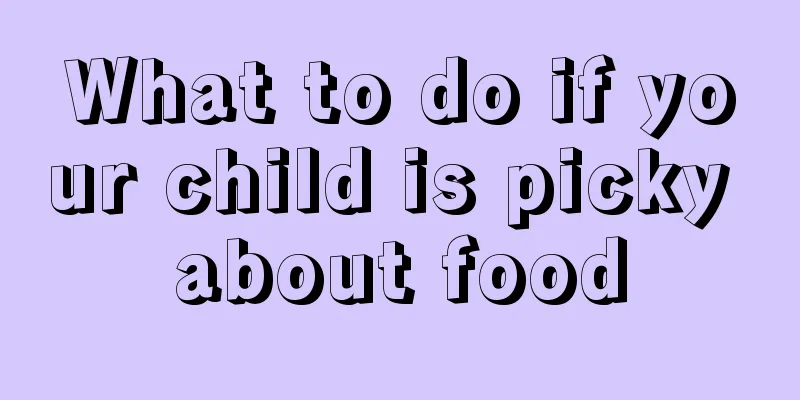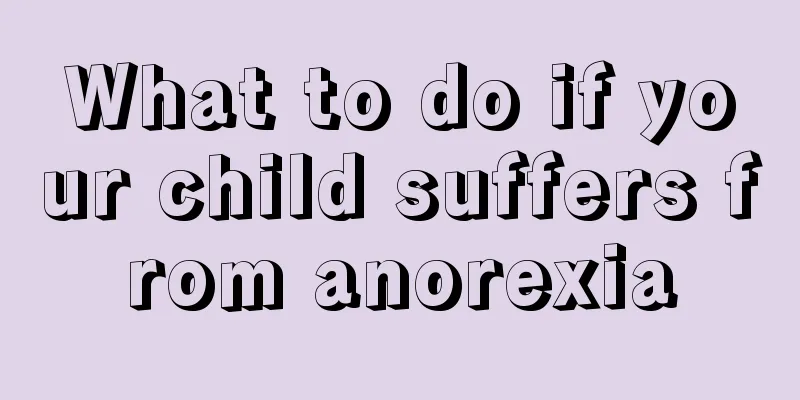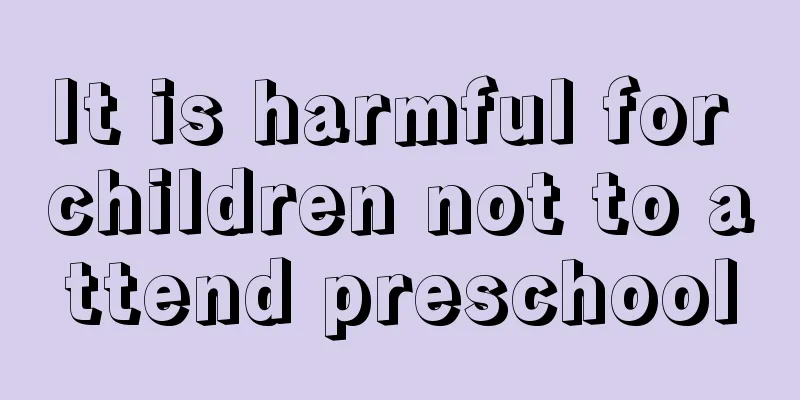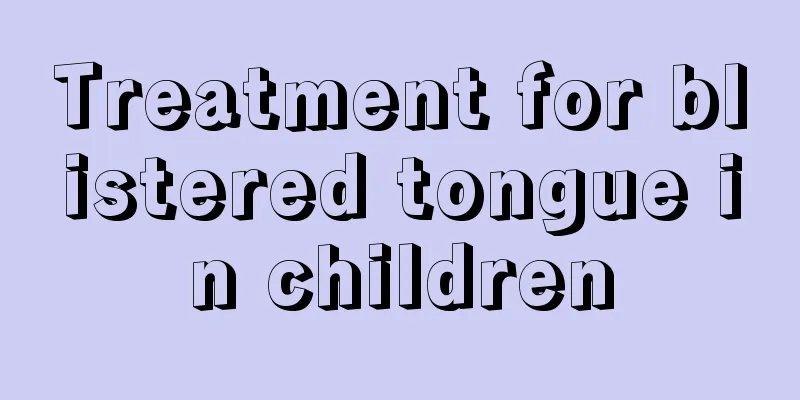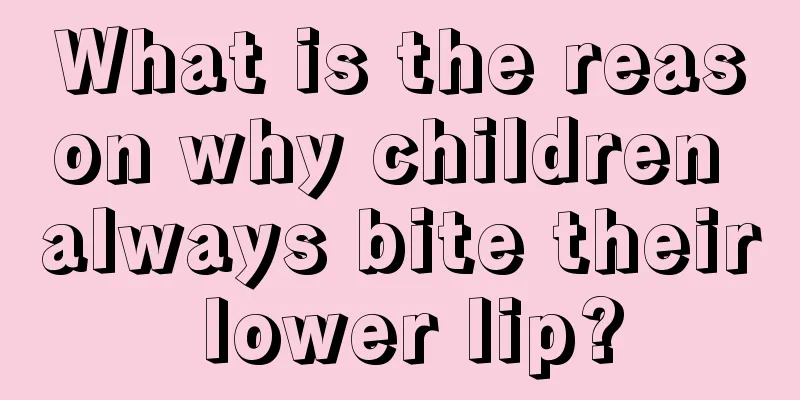What are the causes of sleepiness in children?

|
In a family with children, everything about the children is the most important. Ensuring the children's sleep practice every day is something that parents attach great importance to. However, some parents worry about their children's sleepiness. Sleepiness is a state of falling asleep beyond the normal physiological sleep time. Children's sleepiness may be due to lack of rest, or it may be one of the symptoms caused by certain diseases, so children's sleepiness should be paid attention to. Today we will learn about the causes of sleepiness in children. There are many factors that cause sleepiness in children, the most common ones are fever, hypoglycemia, encephalitis, meningitis, drug side effects, poisoning, etc. (1) Fever. Children's reactions to fever vary from person to person. Some are more excited and have restless sleep, while others are drowsier. There are also cases where drowsiness occurs first and fever is later discovered. People with a cold generally do not experience drowsiness, but there are people who experience a cold with fever and drowsiness, but their energy returns once the fever subsides. Common serious infections, such as sepsis, especially infections of the central nervous system, should be diagnosed and treated early if they first manifest as drowsiness, then develop into coma, and then have neurological symptoms such as convulsions and hemiplegia. (2) Hypoglycemia. Early symptoms of hypoglycemia may include drowsiness. Children often have a history of not having dinner the night before and are sleepy and unable to get up in the early morning. They may have hypothermia, cold sweats, pale complexion, and may develop coma and convulsions. Newborns show symptoms such as lethargy, drowsiness, and difficulty feeding. (3) Encephalitis and meningitis. Especially in spring and autumn when viral encephalitis is prevalent or in areas where Japanese encephalitis is prevalent in summer, if children have a high fever accompanied by drowsiness and vomiting, we should be alert to such diseases and do blood and cerebrospinal fluid tests. Severe cases may start with drowsiness, gradually go into coma, and develop neurological symptoms such as convulsions and paralysis.(4) Side effects of drugs. Some therapeutic medications contain sedative effects. For example, some antidiarrheal mixtures, medicines for treating colds and fevers, antitussive drugs, antiallergic drugs, and anti-vertigo drugs may cause drowsiness in children. If your doctor tells you that the side effects of the medication may cause drowsiness when prescribing the medication, then you don't have to worry, as the drowsiness symptoms will disappear after you stop taking the medication. (5) Poisoning. Drowsiness is an early symptom of poisoning, often caused by accidental ingestion of drugs or inhalation of toxic gases. The most common cause is overdose of medications containing sedatives, such as swallowing adult antihypertensive drugs, sedatives and sleeping pills as small sugar pills. Some cases are caused by adults taking the medication by mistake. Inhalation of certain toxic gases, such as carbon monoxide (coal gas) and spray pesticides, can cause poisoning. Mild poisoning causes drowsiness, while severe poisoning quickly develops into coma or even death. The above are the reasons for children's drowsiness. Fever, hypoglycemia, encephalitis, meningitis, drug side effects, poisoning, etc. can also cause it. If a child has drowsiness, you must first check whether he has a fever. If you have a fever, you should see a doctor to check the cause and receive treatment. If a child is drowsy and does not have a fever, it is important to be vigilant. For children with fever, antipyretics can be used as appropriate. For children who are drowsy but do not have a fever, they should see a doctor to check the cause and receive targeted treatment. |
<<: What to do if your child has a cold, cough or vomiting
>>: Things to note when your child loses teeth at the age of 8
Recommend
How do children develop tooth decay?
As we all know, children's self-control is ge...
What is the standard for childhood obesity?
In modern society, there are more and more obese ...
Can drinking milk help you grow taller at the age of 16?
Many people usually drink milk, and they drink mi...
What to do if baby has ear eczema and yellow discharge
It is quite common for children to have eczema, w...
Traditional Chinese medicine treatment of hydrocele in children
The phenomenon of hydrocele in children is not un...
Can childhood asthma be cured?
Some children have poor body resistance and often...
What should I do if my child has strabismus?
Some babies are born with strabismus, while other...
What causes nose bleeding in children?
Parents will be very anxious when their children ...
What to do if your baby swallows crayons
When the baby grows up, many parents will prepare...
Children's nasal congestion and cough
Many children have problems with nasal congestion...
What is a normal temperature for a child?
Body temperature is the normal temperature of a l...
Seven-month-old baby fell on the back of his head
In life, if we adults accidentally fall on the ba...
What to do if your child has whooping cough
Whooping cough, as the name suggests, refers to a...
My baby's first deciduous tooth is crooked
Deciduous teeth are quite important for babies. I...
How long does it take for baby's white pityriasis to disappear?
Many babies will suffer from pityriasis alba. Whe...


